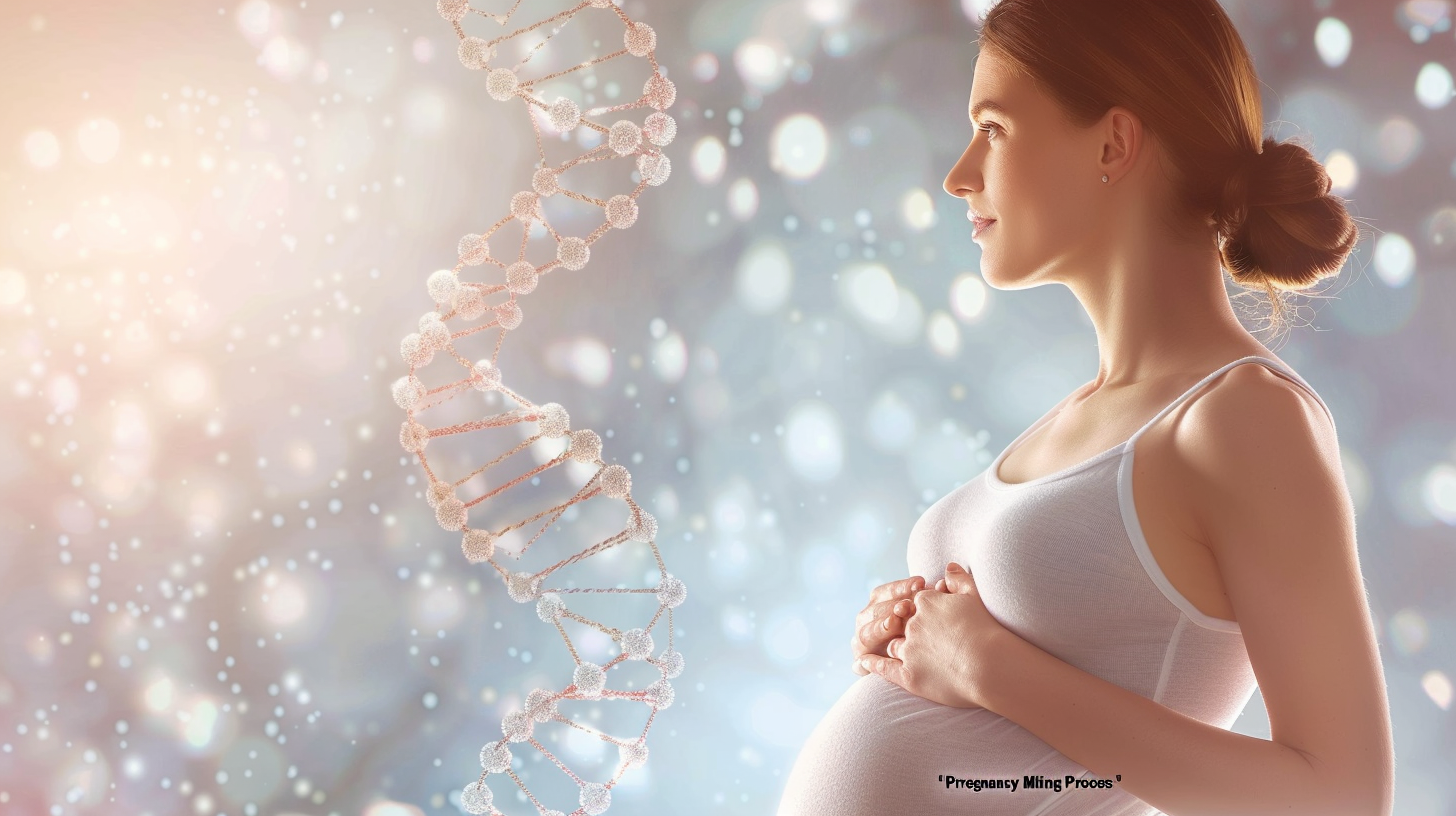
Potential Future Trends in Epigenetics and Pregnancy
Epigenetics, the study of heritable changes in gene expression without altering the DNA sequence, has gained significant attention in recent years. Advances in epigenetic research have revealed fascinating insights into various aspects of human biology and development. One particularly intriguing area of investigation is the epigenetic patterns associated with pregnancy. A recent study published in Nature has indicated that carrying a baby can lead to some epigenetic patterns on DNA that resemble those observed in older individuals.
Key Points from the Study
The study examined epigenetic patterns in pregnant women and compared them to patterns seen in non-pregnant women and men of different age groups. The researchers discovered that certain epigenetic modifications found in older individuals were also present in the DNA of women during pregnancy. These modifications included changes in DNA methylation, a process that can influence gene expression. The study suggests that pregnancy could accelerate some epigenetic changes and cause them to resemble those associated with aging.
Additionally, the study found that these epigenetic changes during pregnancy were concentrated in regions of the genome that are important for fetal development, suggesting a potential adaptive mechanism. The alterations were primarily observed in genes involved in immune response, placental development, and hormonal regulation, highlighting the importance of these processes during pregnancy.
Potential Future Trends
The findings of this study open up several exciting possibilities for future research and trends in the fields of epigenetics and pregnancy. Here are some potential directions that the scientific community may explore:
- Further Investigation of Epigenetic Changes: This study provides a foundation for more in-depth exploration of the specific epigenetic modifications occurring during pregnancy. Researchers could delve into the mechanisms driving these changes and their implications for both maternal and fetal health.
- Long-Term Effects on Maternal Health: Understanding the long-term consequences of these pregnancy-related epigenetic changes on maternal health is crucial. It is essential to investigate whether these modifications persist after pregnancy and potentially influence the mother’s risk of developing age-related conditions.
- Impact on Fetal Development: Identifying the functional significance of these epigenetic modifications for fetal development is a promising avenue for future research. Determining how these changes affect gene expression and cellular processes in the developing fetus could provide valuable insights into prenatal programming and potential health outcomes later in life.
- Predictive Biomarkers for Pregnancy-Related Complications: The identification of specific epigenetic markers associated with pregnancy could have significant clinical implications. Developing predictive biomarkers for pregnancy-related complications could enable early detection and intervention, ultimately improving maternal and fetal health outcomes.
- Epigenetic Interventions: Based on the knowledge gained from studying pregnancy-related epigenetic changes, researchers may explore potential interventions to mitigate negative effects or enhance positive outcomes. Strategies such as targeted epigenetic therapies could help optimize maternal and fetal well-being during pregnancy.
Conclusion
The study on epigenetic patterns during pregnancy sheds light on the complex interplay between genetics and environmental factors in shaping human development. It offers a glimpse into the potential future trends in epigenetic research related to pregnancy. Further exploration of these trends could lead to breakthroughs in our understanding of prenatal programming, maternal health, and fetal development. This knowledge may pave the way for personalized interventions and improved outcomes for both mothers and their babies.
Reference:
Nature, Published online: 22 March 2024; doi:10.1038/d41586-024-00843-w
